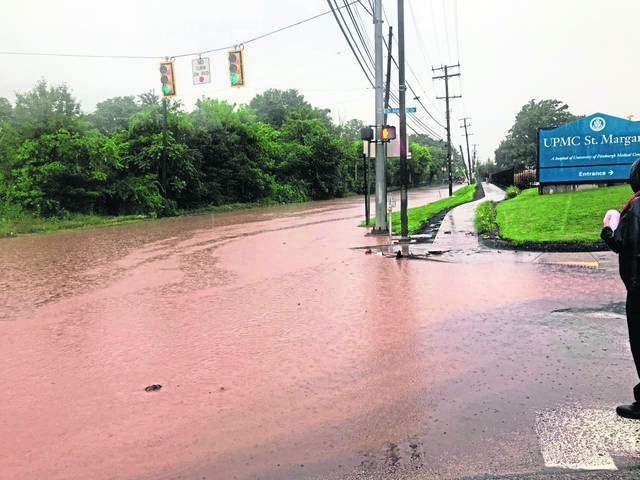In the past year, Pennsylvanians have experienced an unprecedented amount of rain and flooding in areas that have never flooded before, causing increased concern over the preparedness of Pennsylvanians.
A study conducted by the Pennsylvania Emergency Management Association revealed that only 26% of Pennsylvanians age 65 and older have a plan in place for when disaster strikes — meaning many of us, our friends, neighbors and relatives don’t have a plan for how to act when a disaster is imminent, don’t how know to respond after one has struck, and may not know how to communicate if we need assistance before, during or after a disaster.
September is National Preparedness Month, and these sobering realities offer a timely reminder that each of us should work to be prepared for emergencies that could affect us where we live, work or visit.
This year’s theme, “Prepared, Not Scared,” encourages the remaining 74% of Pennsylvania’s older adults, their families, friends or caregivers, to take the time to create an emergency plan for disaster situations.
In Pennsylvania, more than 2 million people are older than 65. Age does not make someone more vulnerable to the impact of emergencies, and older adults have some of the same needs as the general population during a human-caused or natural disaster. However, older adults and people with disabilities may have a wider variety of functional limitations and additional challenges to consider, including medical equipment, accessibility and transportation issues, and access to prescription medications. Approximately half of those older than 65 have two or more chronic health problems, such as heart disease, diabetes or Alzheimer’s disease. These conditions increase a person’s vulnerability during periods of time without food, water, shelter or adequate rest.
According to the 2010 U.S. Census, of the older adults who were living outside of nursing homes or hospitals, nearly one third, or 11.3 million, lived alone. This reality makes the creation and maintenance of a support network particularly important.
Whether one’s network is family, health-care workers or a combination of both, it is critical that people prepare for emergency situations by creating a plan, reviewing it regularly and keeping critical supplies handy.
If it is predictable, it is preventable. We know that we get rain, flooding, power outages, heat, cold and snow. Prepared, Not Scared focuses on the conscious decision to get started now, before it’s too late.
Knowing where to start can seem daunting. During September, we encourage all older Pennsylvanians and their families to be informed, prepared, involved and ready, and invite them to take these easy steps:
• Visit the 30 Days/30 Ways website to register for 30 Days/30 Ways. Tips and tools are available to help people get started or continue preparedness efforts.
• Download the “Get Ready Now” pocket guide, a three-step guide on emergency preparedness for older adults.
• Call a local Area Agency on Aging (AAA), which is poised to participate on every level of emergency preparedness planning and meet the needs of the communities they serve in times of crisis. Find AAA locations at aging.pa.gov.
Just as an emergency can affect an entire community, the entire community is part of the solution when it comes to preparing for an emergency. This month, please touch base with the older adults in your life to discuss creating a plan to be prepared in the event of a disaster.


